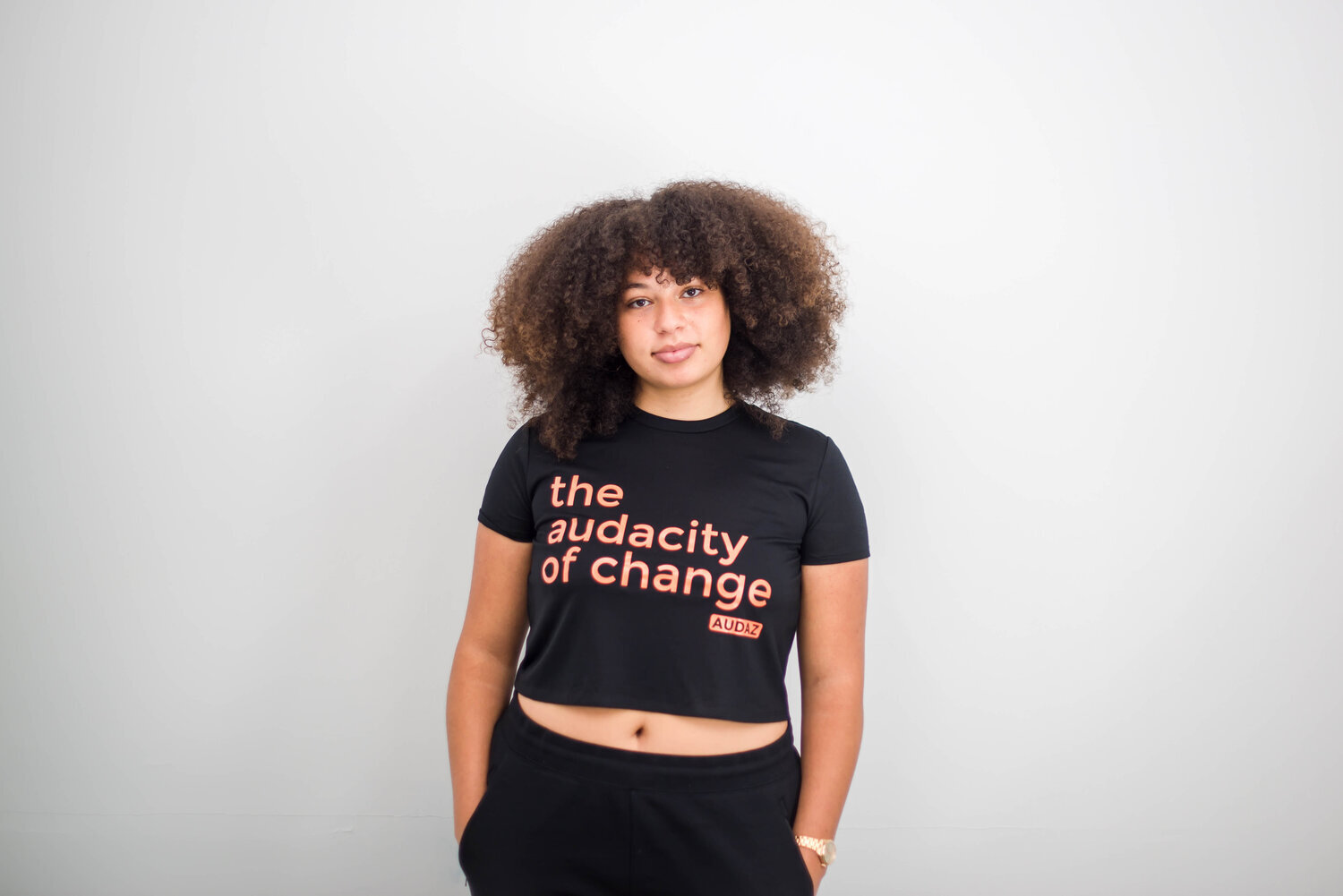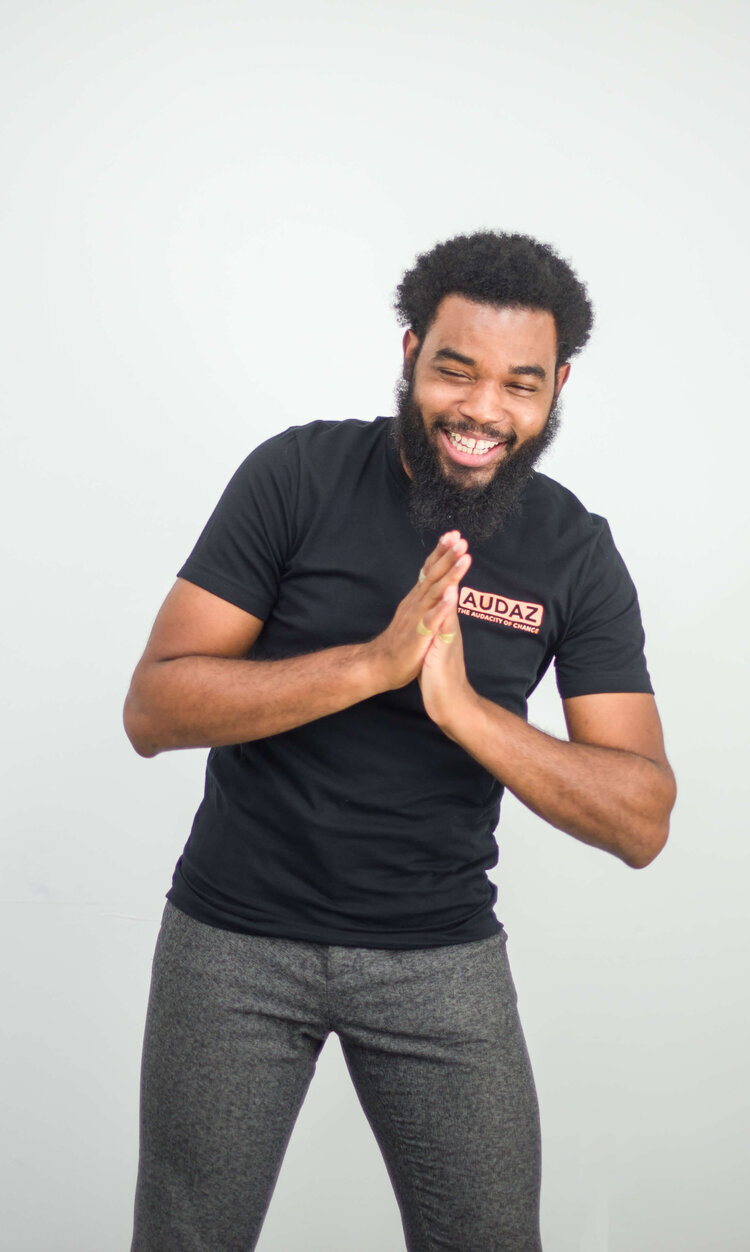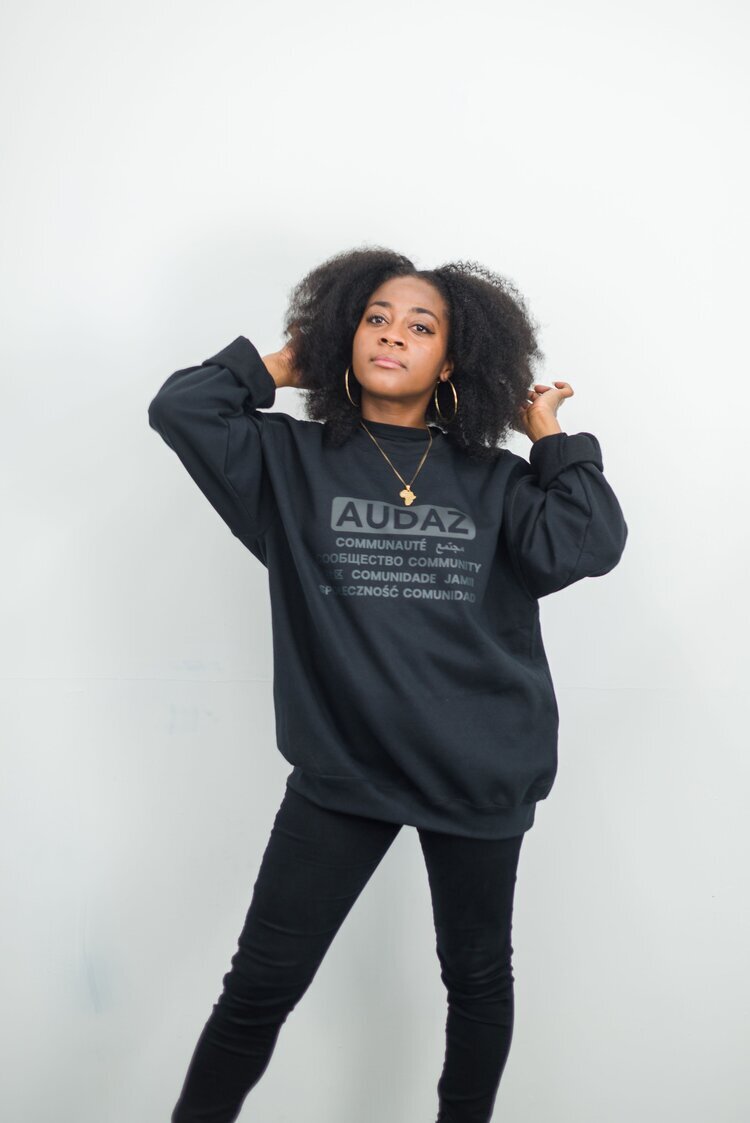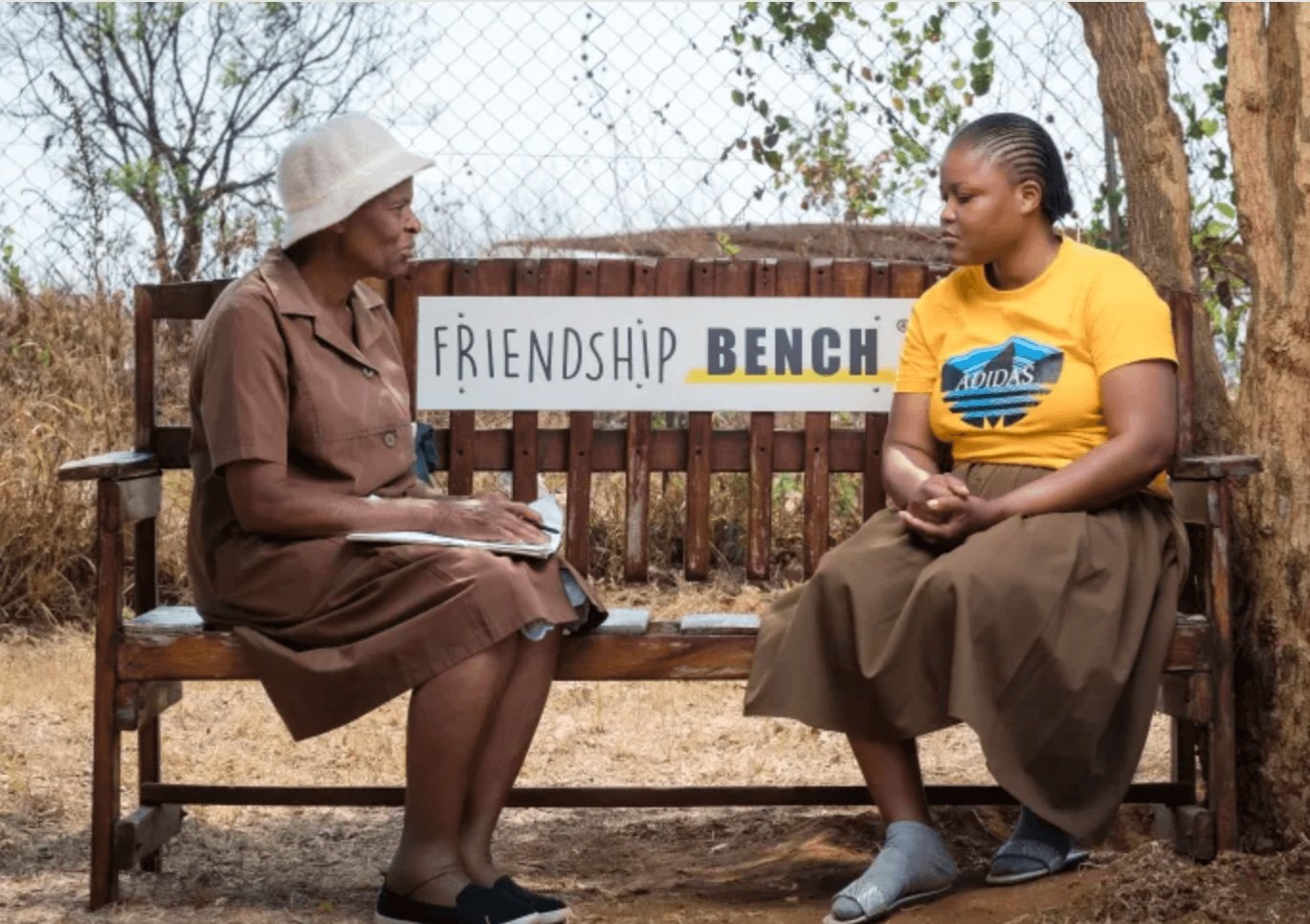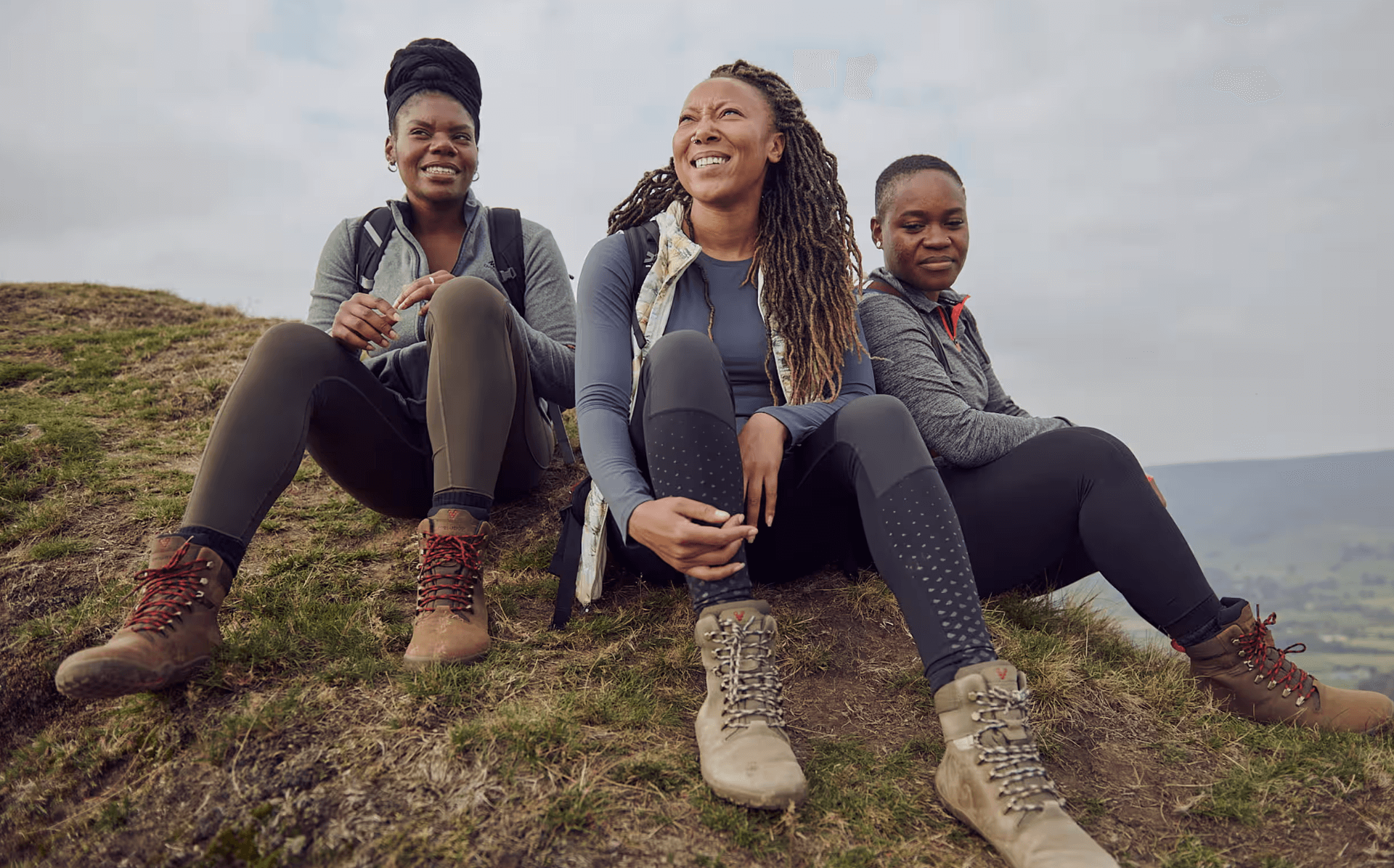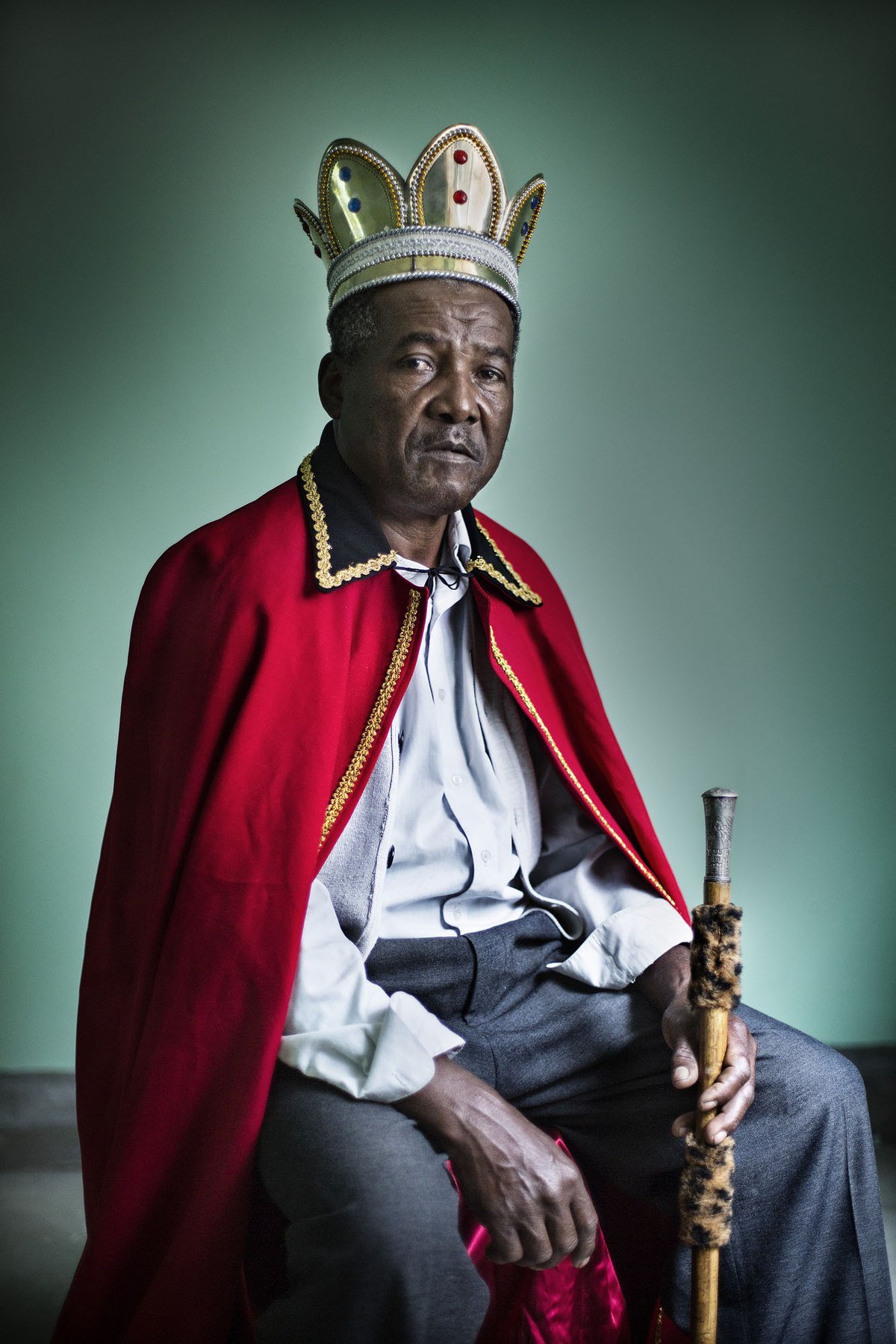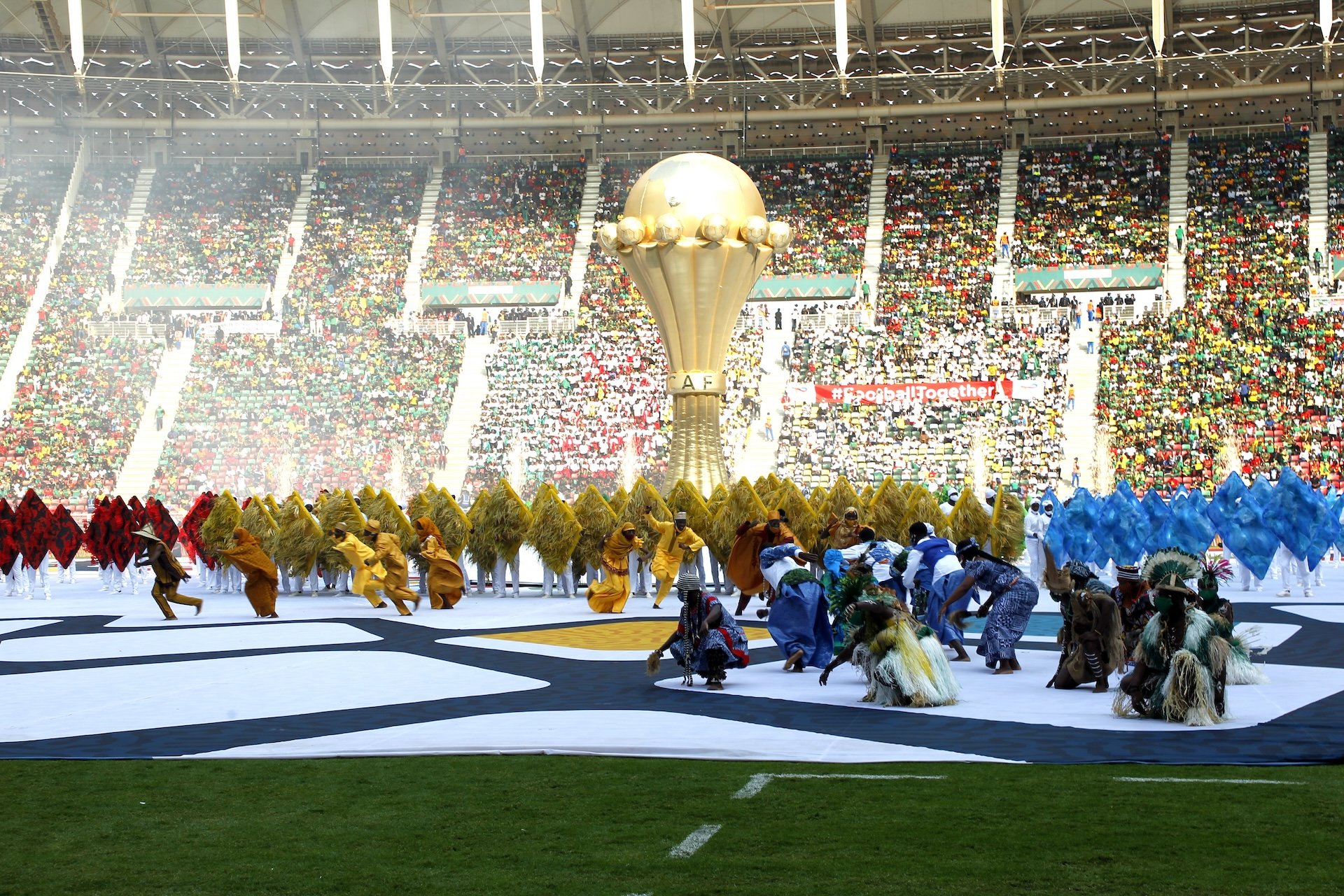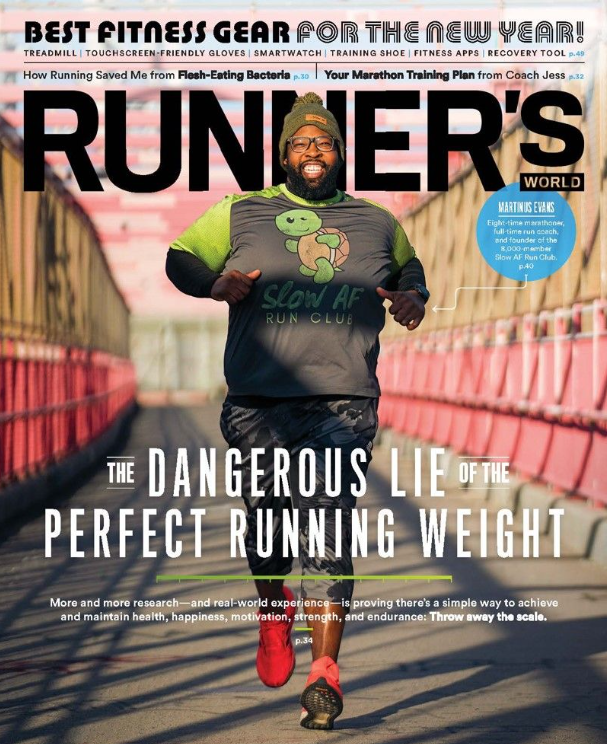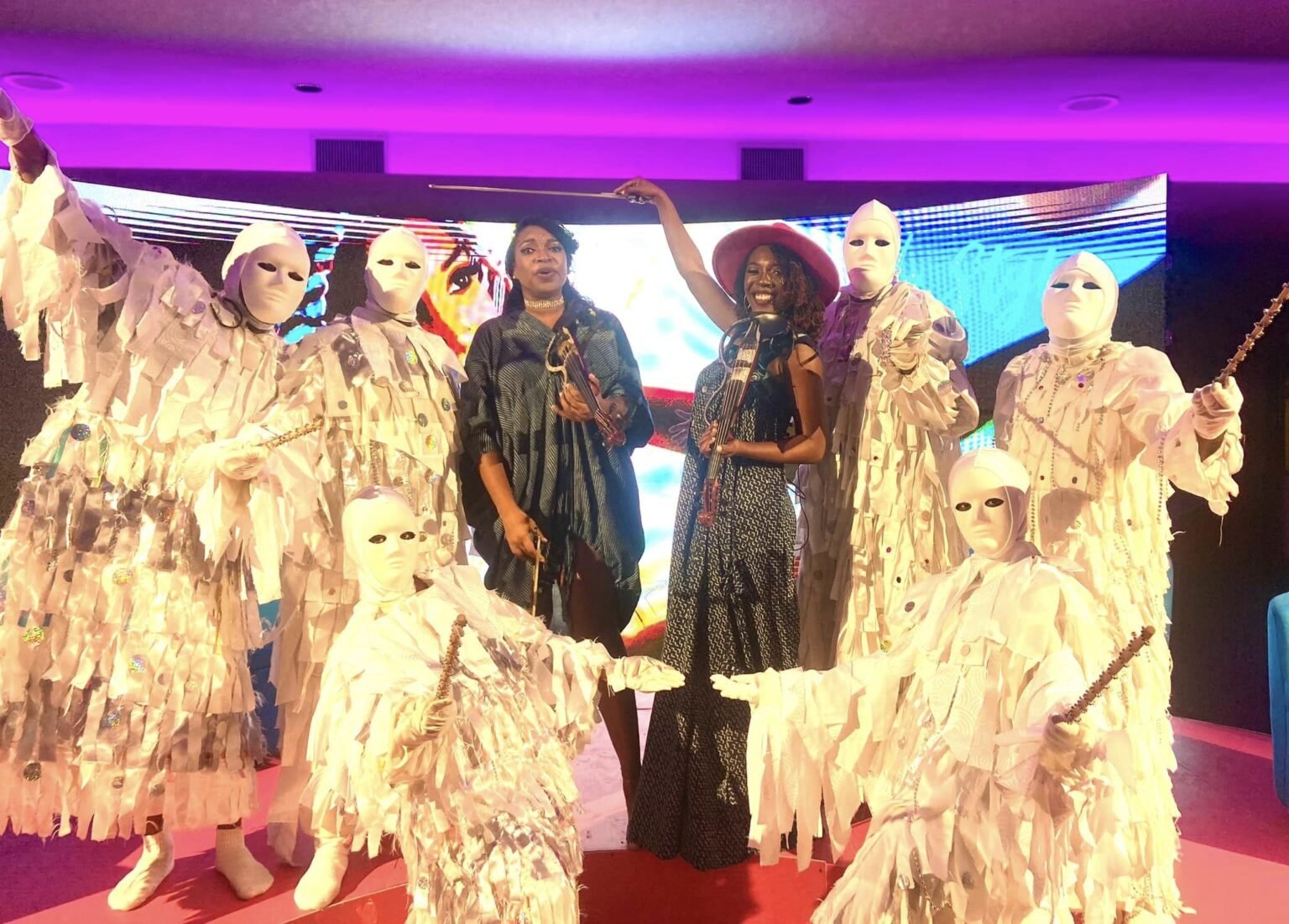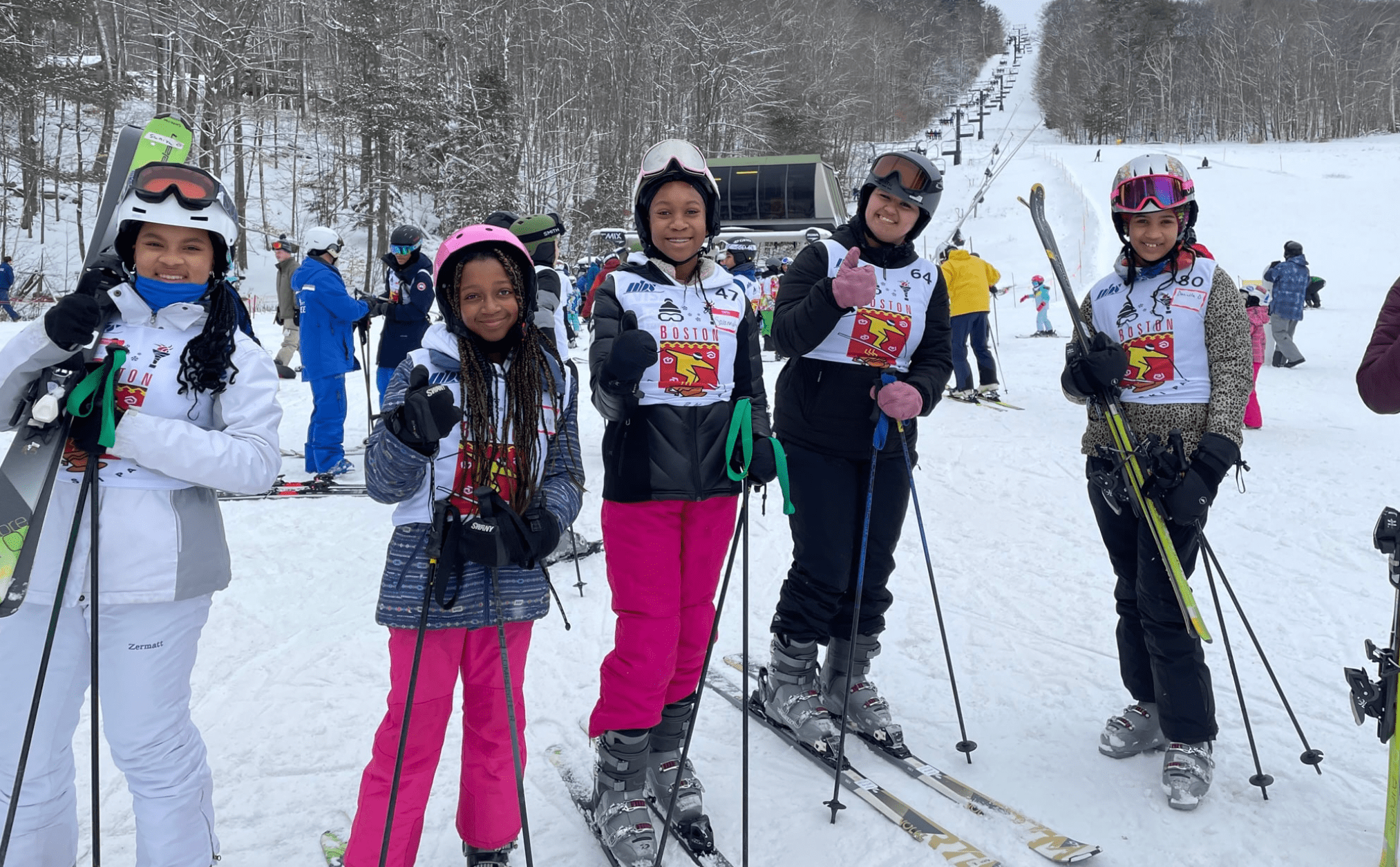“Travel guides are written for White people”
As the United States continues to grapple with the legacy of racism, Kenyan author Nanjala Nyabola takes a global view of an issue America is no stranger to, the dangers of traveling as a Black person. In her book (Traveling While Black, Hurst publishers) she sets out to answer the question: what are the joys and pains of holidays for people of colour, when guidebooks are never written with them in mind? Recently we caught up with her, from Nairobi. The interview below has been edited/condensed for clarity. Nanjala also featured as a guest in an episode of Audaz Chat.
Nanjala, why write about the experience of traveling while Black?
I wanted to interrogate what it means to move around as a Black person, in the physical sense but in other ways as well. The book is a collection of essays, including on the issue of travelling the world as a Black person. It’s really a metaphor for what it means to exist in the world as a Black person and an African in the world. I wanted to tell stories that are insightful and funny, with the hope of contributing to a wider conversation and debates, particularly among Africans.
What makes travelling the world as a Black person different?
A reviewer of my book, who I think got it totally right, said that when White people travel, they get “eat, pray, love.” When Black people travel we get detained, arrested and even killed. In essence that’s the difference. Which of course is not to say that as Black people we don’t get positive experiences when we travel around the world. We do.
For example, when I travel in East Africa I am often struck by how welcomed I am made to feel. I remember being warmly welcomed at the airport, in Port-au-Prince, Haiti, by a border official so joyous to meet a Kenyan, his words stayed with me. I tell of these experiences in my book.
But much like many of us Black people, you have seen the dark side.
Yes. I did have difficult experiences in Egypt, where I was part of a group of White people, and I was treated in a most humiliating way. I have had a terrible time in France while on transit and I had to explain why I didn’t have a visa despite the fact that I was in an airport for a short while, in between planes. I have been treated with the same disdain, rejection and more - really in more places than I would like to remember, much like many Black people have been.
Those horror stories can fill many books. How does one make sense of this situation?
It’s racism. Really I could give you a long, elaborate answer but at its core it’s racism. It’s the same dynamic and logic that makes police stop young Black men on the streets of Europe and North America disproportionately, or lead the police to kill young people in African countries because they are suspected of being criminals. It’s a thread that goes back to criminalisation of an entire race, Black people, while others, White people, get an opposite assumption, that they’re good people.
That racism permeates border policies in much of the western world. When you pay attention to it as I did for the book, one takeaway you come to realise is that border policy in Europe and certainly North America is really driven by a systematic effort to exclude Black and Brown people.
In your book you say that travel guides are written for White people. Why?
Well, just take one example. I was in India and I followed the advice of a travel guide to visit a place in New Delhi where, according to the guide, you could have a quiet time. I went, and guess what, I was followed around and pointed at, filmed without my will.
Clearly, when writing that paragraph in the guide, the author didn’t have a Black woman in mind as a potential traveler. Which makes me think how we need our stories to be told. Our experience of travelling is different. Not always bad, but very different.
At heart, the existing travel guides are not for just any traveler who can afford to buy a plane ticket and pay for lodging in any place of the world. They are written for White travelers.
Case in point, the way your city, Nairobi, is described by Lonely Planet.
It’s a curated version of Nairobi, and is really described as a place where there’s nothing to do and where you stop on your way to look at elephants in the parks. Clearly the message here is that (some) White people wouldn’t find it interesting.
Yet for us locals, uninteresting is the last word we would ever use to describe this city. The New York Times did do a “36 hours” in Nairobi wherein not much was taking place in the city. The fact is, the way these guides reconstruct places and present them to their audiences is, from beginning to the end, a process that excludes non-White people.
Traveling in Africa as an African is not easy either. What’s the takeaway?
Sadly we are witnessing a worrying trend. Many countries on the continent have imported the logic and approaches being implemented at the borders of western countries. The humiliation, the violence, the rejection is something we have to deal with when traveling in Africa as Africans.
I have seen people being sent back after traveling from one country to the other for no good reason. We have to be better than Europe and North America. We need to embrace free movement as a human right. It starts with a conversation about what is taking place for us to understand that we are adopting policies dripping with racism.
In the time of Covid-19, how worried should a Black traveler be?
Even before Covid-19, think about how fast borders shut down when the Ebola epidemic hit four countries in West Africa in 2014. All of us Africans were literally shut out and prevented from traveling. As western countries get access to the vaccine, it’s not hard to imagine the suspicion that would greet Africans hoping to travel the world.
***
Disclaimer: all the products featured in this article were independently selected by the author. Audaz may collect a share of sales or other compensation if purchases are made through the selected links. Product availability and prices are accurate as of the time of publication.
SHOP THE CHANGEMAKER COLLECTION



